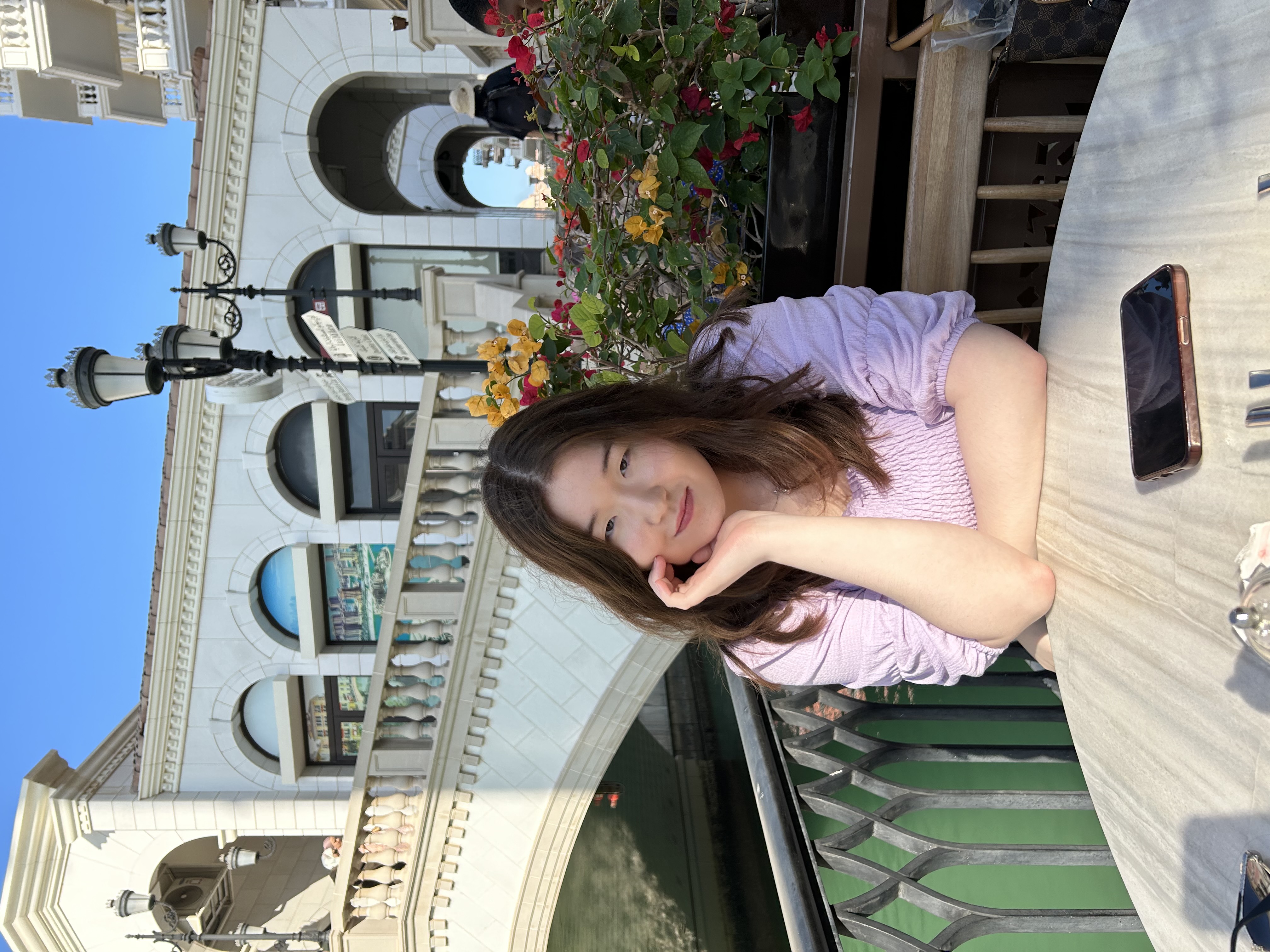Aizere Yessenkulova is a rising third-year at the Qatar campus majoring in Communications with minors in Film and Design. She plans to create a documentary about Kazakh culture and fashion.
Tell me about your SURG topic.
Yessenkulova: I’m doing a documentary. It’s about the Kazakh national identity and how it’s being represented by the national clothing and how the war in Ukraine has affected this. Ukraine and Kazakhstan share similar histories. We both were colonized by Russia since, I think, 1850 and during this time, we were prohibited to speak our languages, to practice our cultures, even the religions. Even our own food, we couldn’t cook it. In 1991, we regained our independence, we became our own sovereign state. But even then, the Kazakh language and Kazakh culture became secondary because the Russians imposed this belief that if you speak Kazakh, if you show your own culture, you are being barbaric. Those that lived in cities had only one Kazakh-speaking school per one city. It didn’t affect the villages that much. Even after we became independent, we still were perceived uncultured, uncivilized if we spoke our own languages. Our minds were still colonized. Two years ago, when Russia invaded Ukraine, this started to shift because Ukraine started to regain their consciousness and embrace their cultures. This affected us and became this catalyst for change. Now, we have more and more people who are trying to connect with their culture, with their national identity. It’s also being shown by the ethnic clothing. When I first came to Qatar, people would always ask, ‘How does your national clothing look? Why don’t you wear it?’ I was caught off guard because I didn’t know how to answer. It was so lost that I didn’t know what it looked like. Right now, it’s also being represented in a different way. It became a subculture. People are wearing more and more their national culture.
What is the most exciting part?
Yessenkulova: It was very fun for me because it’s something that I’m interested in. I really want to talk to people to see how the war affected their mindset and how it’s affecting them now because for 30 years, we lived like that and now even people in their fifties, they’re trying to open something new for themselves. And also to see how the effects vary because some were already connected to their culture. Some knew the language. But how is it doing more for them? And to see a difference, maybe.
How do you think this might connect to your long term goals?
Yessenkulova: I definitely want to connect my career with documentary filmmaking. Last year, I interned in Kazakh for a civil rights activist and I fell in love with documentary filmmaking. I hope to do something similar.
Why did you fall in love with documentaries?
Yessenkulova: I think it’s because I like politics. I think documentary is a great means to tell stories of those who are underrepresented, to be vocal for them. That’s what draws me in.
